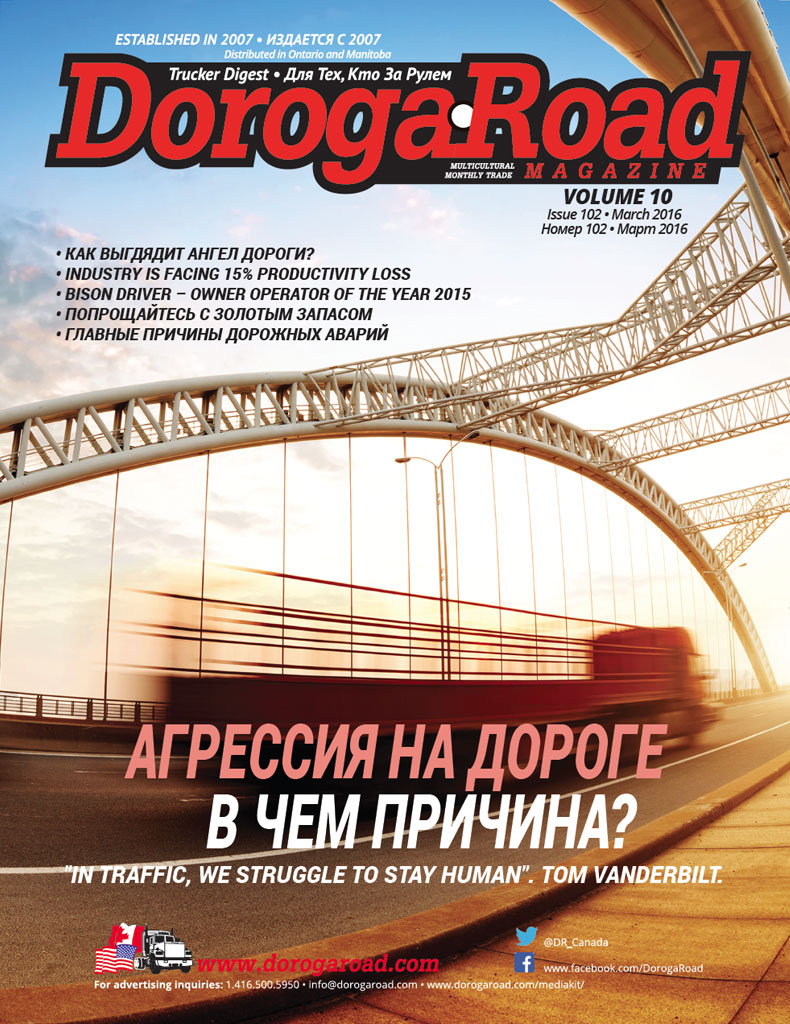The alleged mass shooting by a driver in Michigan shows how little we know about the effects of long-term driving on humans.
"In traffic, we struggle to stay human," writes journalist Tom Vanderbilt about driving's effect on the brain.
The lone guy in a car, cruising a quiet city at night. Gunshots at a playground, a car dealership, and a parking lot near an interstate on-ramp. The story of the Kalamazoo shootings seems more like a movie than other recent high-profile crimes. This might be related to the alleged shooter's job as a professional driver: The concept of the taxi-driver-killer makes a kind of intuitive sense to some of us, because we've become so used to associating our car-centric culture with violence.
There are logical reasons for this. Research shows that driving changes how we think. In his book Traffic, Tom Vanderbilt summarizes psychological research on what happens to us behind the wheel: Driving renders us anonymous and deprives us of the social cues we've evolved to expect from other humans. We begin to see other people as objects. We get paranoid and are quick to respond with anger. "In traffic, we struggle to stay human," Vanderbilt writes.
What does this mean for the driving professions? That's something no one wants to ask or answer, even as the sector grows rapidly and the driving professions change in ways that might amplify driving's ill effects.
The alleged shooter in Kalamazoo, Jason Brian Dalton, was a driver for Uber, a fact mentioned in every news story, though no one seems to know what to make of it. For its part, Uber moved quickly to announce its cooperation with the investigation, which so far has turned up no history of mental health issues for the suspect.
Uber refers to itself as a "logistics" company. That means its infrastructure is less about taxi service than it is about real-time delivery of whatever its customers need—whether it's a ride or kittens to cuddle. The language demotes drivers to mere cogs in the logistics machine. As many have pointed out, Uber drivers are not employees, but freelance pieceworkers. Not only are they denied the traditional benefits of employment—health insurance, workers' compensation, wage stability—but they also lack a voice, a fact that was highlighted in New York recently when Uber drivers protested a 15 percent reduction in fares, to little effect. Taxi drivers often work as freelance drivers as well, but they have a collective voice in their national union.
Uber is part of the new (and overly cool-sounding) "gig economy," but there's a model for their type of disruption: the long-haul trucking industry. Since the deregulation of trucking in 1980, the industry switched from an employee-driver model to a freelance-driver model, where truckers are not salaried employees but are instead paid by the mile. At the same time, trucking expanded enormously. The immediate result was a 40% decline in real wages for an increasing number of drivers. Today there are more long-haul truckers on the road than ever before, and they drive longer and harder for less pay and fewer benefits. One industry analyst calls trucks "sweatshops on wheels."
In 2008 the FBI created a new division to address serial murders linked to highways. The Highway Serial Killings Initiative seeks to use roadways to link unsolved murders. The division keeps a list of suspects, the vast majority of whom, they told me, are long-haul truckers. While working on my book about highway murders, I tracked down 25 cases of long-haul truckers who were convicted of serial murder, and I attended the trial of a twenty-sixth. I wondered if driving alone for long hours might have some psychological effects on truckers, but that's not a topic many people want to discuss. I did find one group of researchers who had conducted a qualitative study which suggested truckers' work was stressful to the point of being mentally detrimental. The research cited the dangers of the road, social isolation, fear of violence, disrespect, and constant time pressure as mental stressors, on top of the physiological effects of a job that makes it difficult to eat well, sleep well, or exercise.
The point here is not to paint an alarmist picture of truckers as road-raging psychopaths. There are 3.5 million truckers on the road, according to the American Trucking Association, and the vast majority are hardworking, law-abiding citizens. But might some people prone to violence be drawn to the isolation and anonymity of driving? Could our highways invite crime? Or could it be that the stresses of the job are simply too much for a small group of violence-prone drivers to handle? These are uncomfortable questions, but we should ask them, especially now. It's clear that a dehumanizing employment model, in concert with a job that is physically challenging and mentally alienating, is not serving drivers—or society—in the long run.
It would be rash to suggest that driving for Uber caused Jason Brian Dalton to run amok, any more than it causes some drivers to sexually harass or assault riders. But as Uber and Lyft and other services race to enroll drivers in an employment model imitating that of long-haul trucking, it's worth considering the possible effects, not just on riders, but on the health and well-being of drivers. Driving is a stressful activity. As a profession, it becomes more so. As a profession divested of stability, security, supervision or camaraderie, might it be too much for some people to bear? We'll never know unless we ask.









 Newspaper about
Newspaper about